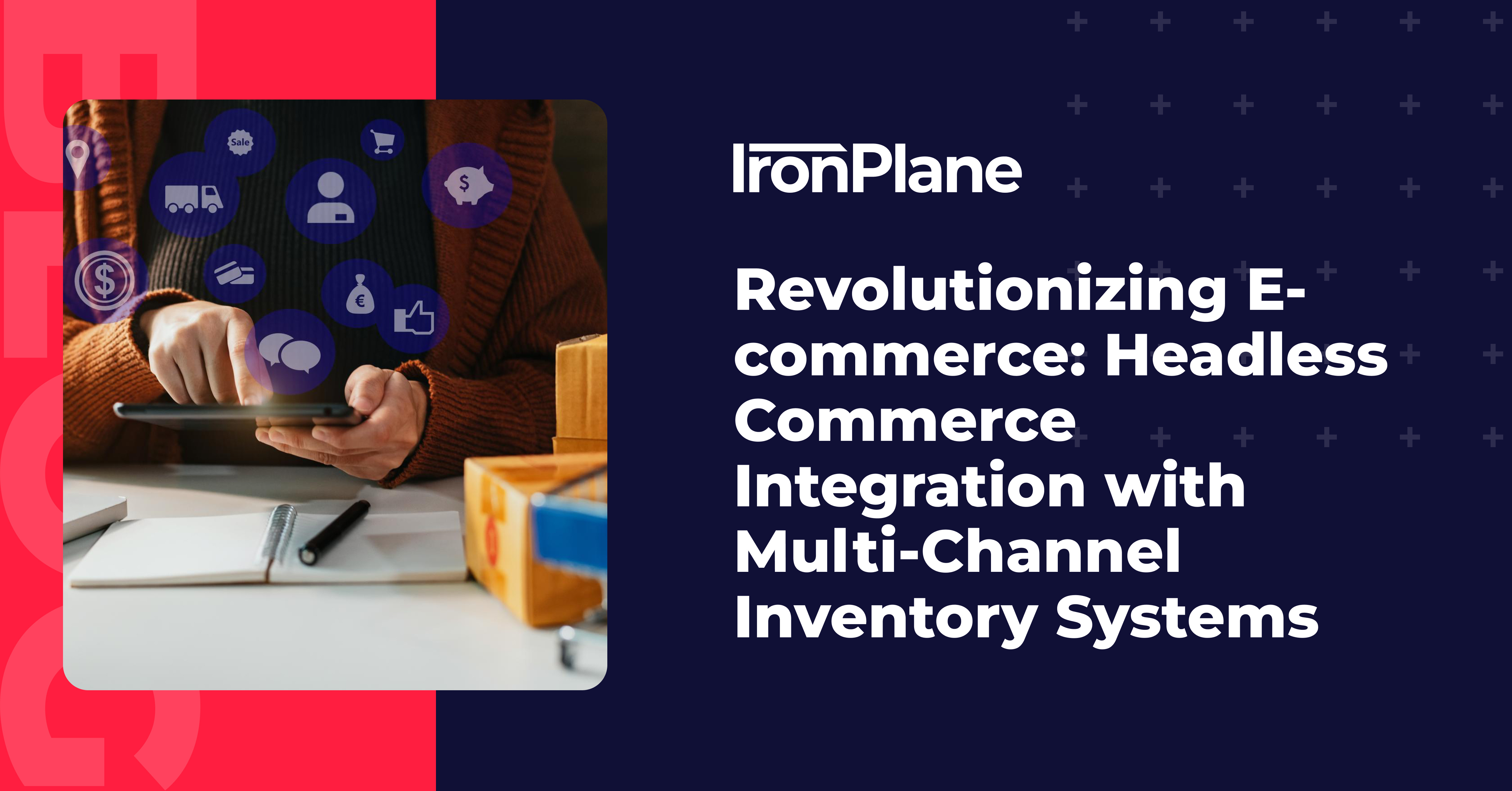Migrating From Salesforce Commerce Cloud to Magento / Adobe Commerce
Learn essential strategies for migrating from Salesforce Commerce Cloud to Magento/Adobe Commerce while preserving your core Salesforce CRM capabilities and driving enterprise eCommerce success.













